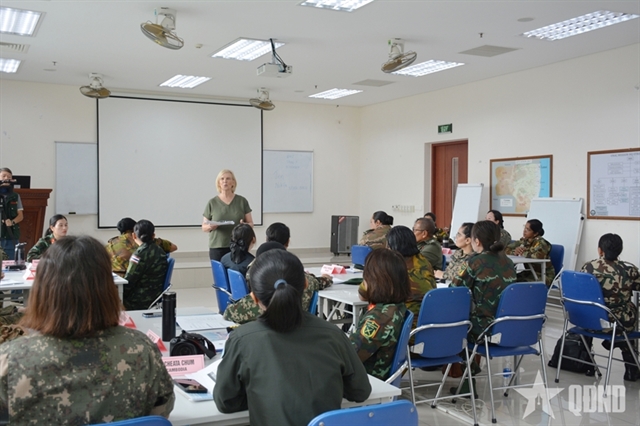Stepping up Efforts to Save Mothers' Lives
Of the more than 500,000 women who die during pregnancy or childbirth, 90 per cent occur in Africa and
Working for the survival of mothers is a human rights imperative. It also has enormous socio-economic ramifications – and is a crucial international development priority. Both the International Conference on Population and Development and Millennium Development Goals call for a 75 per cent reduction in maternal mortality between 1990 and 2015. This three-pronged strategy is key to the accomplishment of the goal:
All women have access to contraception to avoid unintended pregnancies
All pregnant women have access to skilled care at the time of birth
All those with complications have timely access to quality emergency obstetric care
In countries such as
UNFPA supports safe motherhood initiatives in 89 countries. UNFPA-supported progammes emphasize capacity development in maternal care, especially the strengthening of needed human resources. UNFPA seeks to make motherhood as safe as possible during crisis situations that compound women's vulnerability. UNFPA's work to prevent fistula is also making pregnancy safer by calling attention to health systems that are failing to meet the needs of women during the critical time of childbirth.
In 2008, the Fund, along with a number of partners, established a Thematic Fund for Maternal Health to increase the capacity of health systems to provide a broad range of quality maternal health services, reduce health inequities, and empower women to exercise their right to maternal health. Other key initiatives to accelerate progress in making motherhood safer include the Global Programme on Reproductive Health Commodity Security and the Campaign to End Fistula.







